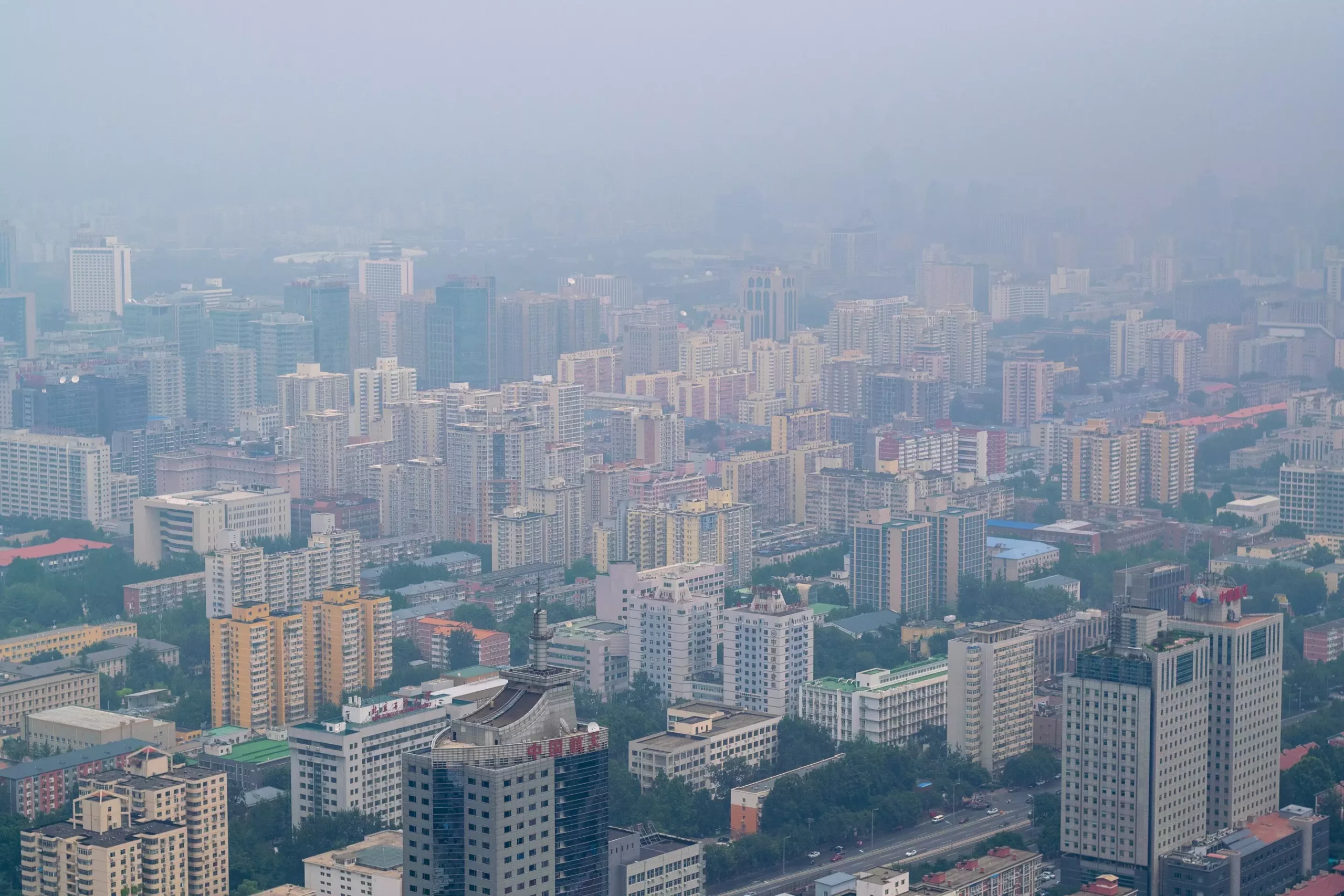In recent research conducted by experts from the University of Birmingham, University College London, and Tsinghua University, it was revealed that 240 Chinese cities are benefiting from carbon mitigation actions of other cities, without putting in sufficient efforts themselves. This phenomenon was studied across 309 Chinese cities from 2012 to 2017, a time period marked by economic reform and industrial transformation in China.
The study identified 78% of the cities as “outsourced beneficiaries,” meaning they rely on carbon mitigation efforts from their supply chains. These cities were further categorized into “strong” and “weak” outsourced beneficiaries based on their level of development and industrial structures. Interestingly, the researchers found that 65 cities fell under the category of strong beneficiaries, where local carbon emissions continued to increase. On the other hand, 175 cities were classified as weak beneficiaries, indicating a higher reliance on outsourced mitigation efforts rather than local initiatives.
The distinction between strong and weak outsourced beneficiaries was closely linked to a city’s development stage and industrial composition. Strong beneficiaries were often industrialized cities with a focus on local economic growth, while weak beneficiaries were typically downstream of supply chains with stronger connections to high-tech manufacturing and service-oriented industries. This highlights the importance of understanding the unique challenges faced by different cities in terms of carbon emission reduction.
The researchers emphasized the need for tailored government policies to address the varying needs of cities in terms of carbon mitigation. Strong outsourced beneficiaries, typically found in energy and heavy industry cities, should receive support to transition to more sustainable practices. This could involve financial and technical assistance to upgrade outdated production capacity. On the other hand, weak beneficiaries with high-tech industries should focus on investing in technological innovation and research to improve industrial efficiency.
To effectively reduce emissions and promote a fair distribution of mitigation responsibilities, policies need to be designed to tackle the specific challenges faced by each city. By acknowledging the role of cities in climate change mitigation, policymakers can work towards creating a more sustainable and equitable future for all. This research sheds light on the complex interplay between cities in China and the crucial role of supply chains in driving carbon emission reductions.


Leave a Reply